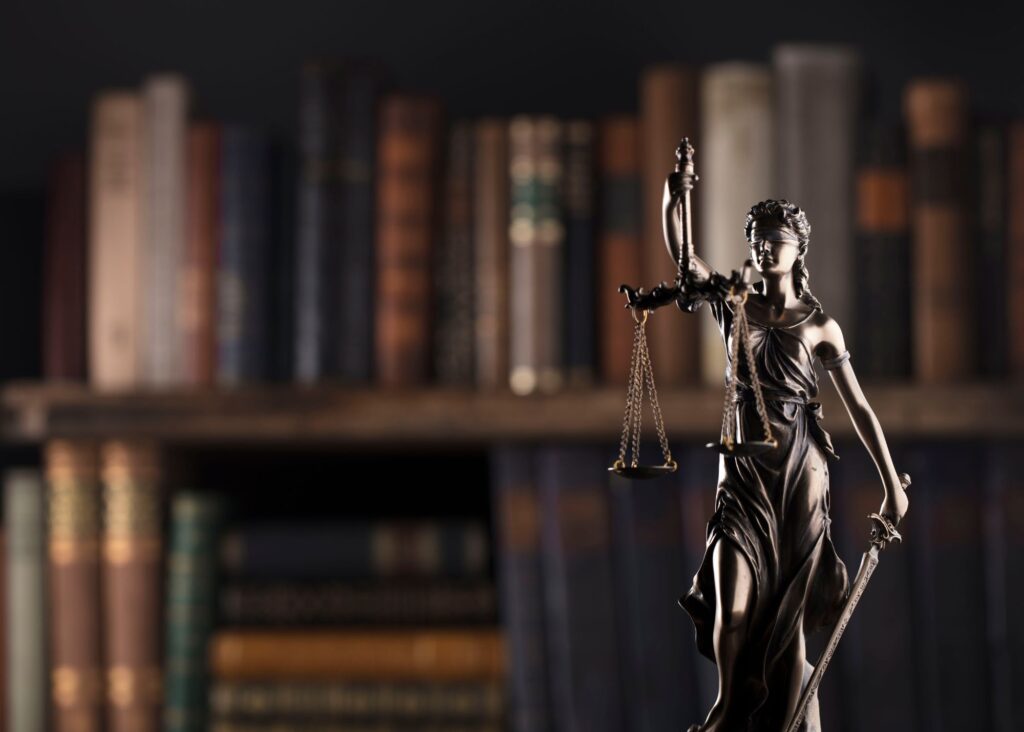In today’s article of Abogados Cabo we will talk about Constitutional Law. This branch of public law studies the set of sources, principles and rules that determine the organization of the State of a country. Also, the institutions and territorial organization of the same.
Scope of application of constitutional law
The Constitution and the block of constitutional norms constitute the framework on which the entire legal structure of the country is developed. The purpose of the Constitution is to guarantee and protect the rule of law: it is the main rule of the legal system and is a legal-political text that prevails over any other law or regulation that may be enacted.
The Constitution contains the fundamental norms that regulate the State and the bases on which the structure of the social order of the country is based, defines the form in which the other norms that make up the legal system must be produced, establishes the sources of Law and its organization.

Constitutional Law.
As a branch of public law, the constitutional bloc is responsible for regulating the relationship between the State and citizens when they relate to the Administration in any way, and the relationship between the organs of the State themselves.
As the backbone of the legal system, the Constitution establishes the general principles governing the State (freedom, justice, equality and political pluralism) and a series of constitutional principles that the public authorities must respect at all times:
- Principle of legality: all actions of the Administration are subject to the law.
- Hierarchy of norms: lower-ranking norms cannot contradict higher-ranking norms.
- Publicity of the rules: to guarantee legal certainty, citizens must be able to know the rules they are obliged to comply with.
- Non-retroactivity of penalizing provisions that are not favorable or that restrict individual rights.
- Legal certainty: this refers to the stability of the legal system and to the fact that the set of rules must produce certainty and confidence in the citizen, who will be able to know at all times the rules in force.
- Liability in the sense of the obligation to repair a damage resulting from an action or inaction.
- Constitutional law.
Constitutional law also serves as a mechanism to monitor compliance with the precepts contained in the Constitution and defines the limits of the power of the State (Executive Branch), of the legislators (Legislative Branch) and of the public authorities of the country.

In addition to the defining principles of the State, the text of the Constitution includes a block of individual guarantees of citizenship, which addresses both substantive and procedural fundamental rights, thus defining their relevance and obligation of respect in the regulations that are developed to regulate any legal area.
Who protects compliance with the Constitution?
The Constitutional Court (TC) is the “supreme interpreter of the Constitution” and among its functions are:
- To control the constitutionality of laws.
- To ensure respect for the fundamental rights and public liberties of citizens as set forth in the text of the Magna Carta.
- To decide in cases of conflict of competence between the State and the autonomous communities.
Thus, the Constitution itself establishes that the TC is a fundamental piece of the social and democratic State of law in which our country is configured, being independent of the other constitutional bodies and subject only to what the Magna Carta and the Organic Law that regulates its function dictate. This power and independence is the way to guarantee the fulfillment of its mission, intimately linked to the defense of the fundamental rights of citizens.

How is Constitutional Law applied?
The principles and foundations established by the Constitution must be reflected in all the rules and regulations that the legislators – the national Parliament itself or the Assemblies of the autonomous communities – draw up.
To control this due compliance, the TC fulfills the function of controlling the constitutionality of the rules, preventing the enactment of those that are not aligned with what the Constitution says, either because it does not respect the established rights or because the body that dictates it lacks the competence to regulate the matter it intends. Its vital precepts are:
- Equality before the law of all citizens.
- Non-discrimination.
- Ideological, religious and religious freedom.
- Personal freedom and security.
- Freedom of expression.
- The right of assembly, association and participation, among others.
Do you need a lawyer?
Are you in Baja California Sur, Mexico? Todos Santos, Los Cabos, La Paz, Loreto, San Jose Del Cabo, Los Cabos, El Pescadero? Are you in Nuevo Leon, Mexico? Apodaca, Cadereyta Jiménez, El Carmen, García, San Pedro Garza García, General Escobedo, Guadalupe, Juárez, Monterrey, Salinas Victoria, San Nicolás de los Garza, Santa Catarina and Santiago…
At Cabo Lawyers we seek to satisfy the different legal needs of our clients, both in their business and personal matters. Contact us at: (+52)8119384461, where we will gladly advise you.
